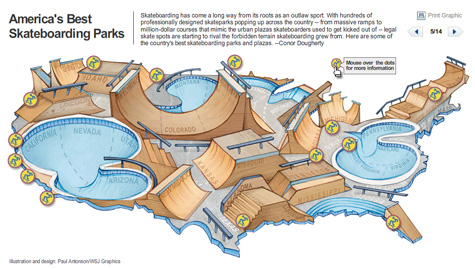
America’s Best Skateparks?
If you weren’t paying attention to the Wall Street Journal’s article on how Portland became the skateboarding capital of the world, you might have missed the tab with the interactive graphic that is supposed to display America’s Best Skateparks. The graphic is actully kind of cool, but predictably, you have to take their selection process with a grain of salt, and cringe a little when they show a BMX photo for the illustration of the Athens Ohio skatepark.
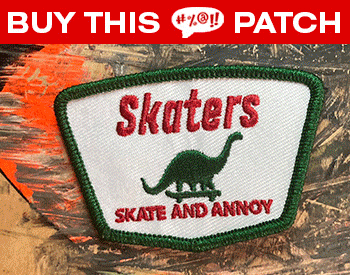

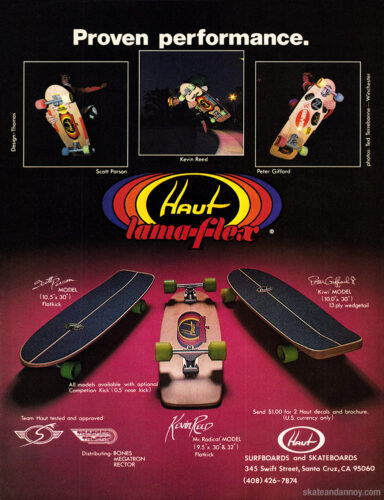
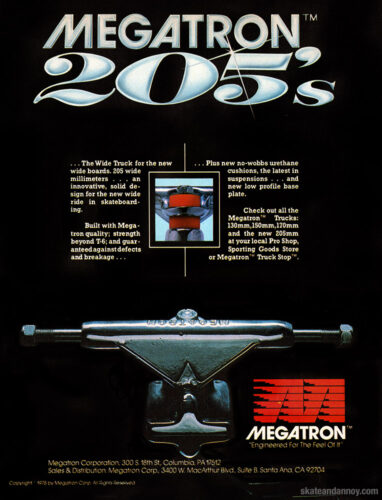
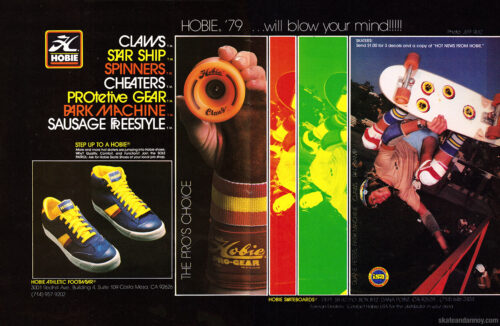





Also ironic that the Pacific Northwest is represented by a bunch of ramps.
It says the NH park has the ONLY VERT RAMP in New England. If that’s true, it’s the saddest thing I’ve heard all day.
Anybody want to invest to build a VERT ONLY skatepark in Vermont? Anybody?
Glad Louisville made the list, MAYBE the city will again realize that it is indeed a destination park… But I’m surprised Phoenix wasn’t represented… lots o’ good ‘crete in the desert.
ian…. sure. i’m sure that the handful of dudes that still skate vert will insure that business is booming.
Bondville, VT has VERT ONLY skatepark, Ian. A seriously good one.
that is a joke. selection process with grain of salt? how about a salt mine? rye is good…they could’ve mentioned a few others, such as stamford, ct (Grindline) or fdr (diy), to represent.
hi we wont to make skate park in egypt and we hope to help us about info
Yeah, but what about Black Flag?
Seriously, though… let’s see. Concrete is the way to go, because it is easy to get. And if you like how it comes out, keep wetting it down with water occasionally for the first days after you pour the concrete. This will make the concrete stronger and less likely to crack (covering it all with plastic sheet works too). And for your transition templates, just take a plank of wood a little longer than 2 meters, and drill holes at each end. Put a little piece of plywood under one end, and nail down through the drill hole into the plywood underneath, but keep the head of the nail above the hole. Then put a larger piece of plywood under the other end of the plank, and stick a pencil down through that drill hole. Have someone stand on the little piece of plywood at the other end, and use the pencil to mark an arc on the bigger piece of plywood. Cut along that arc, and you will have a male template. Use this template to see if you have bent the iron rebar the right amount, and then lay your rebar on the dirt and bind it together with wire so it won’t move when you pour the concrete. Make copies of your plywood template, and use them to shape the concrete. Rea about how to get the right ratio of gravel or pebbles to dry concrete to water, and build something small first for practice. Hopefully someone with more knowledge about this will also tell you more here.
“rea” should be “read”
A good distance between the drill holes on the plank would be 2.3 meters. That way the curve of your template, and your walls, will wind up with a radius of 2.3 meters… and if you build the walls as high as 2.3 meters (which you don’t necessarily want to do), they will barely go to vertical.